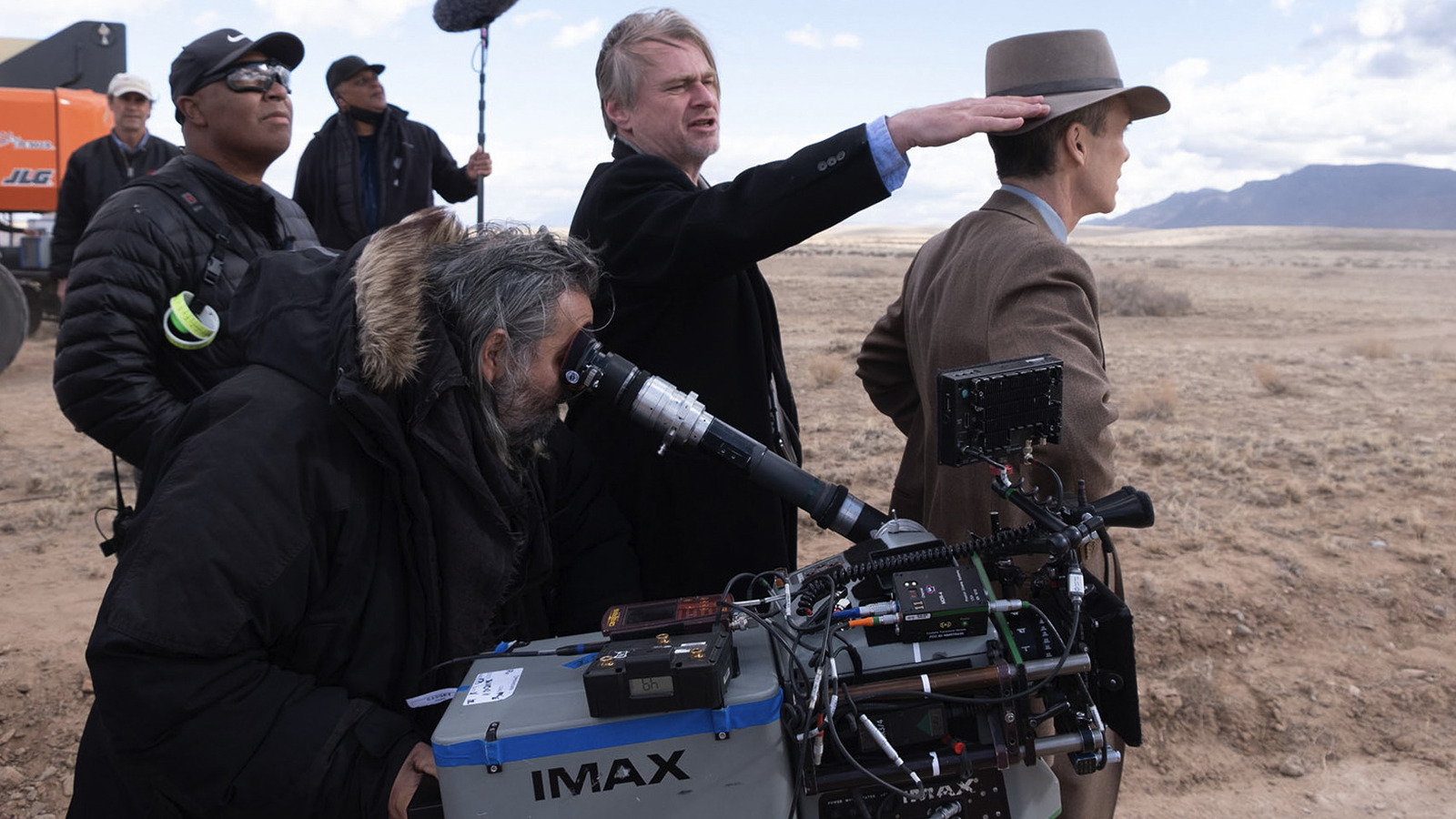
There’s a huge theme of accountability and responsibility in this movie. I know that tackling real life people and historical subjects artistically can be almost overwhelming if you let yourself get inundated with, “Oh, but what about my responsibility to the survivors?” or all of those other things. Did the book “American Prometheus” help you get over that hurdle?
Very much. Very much. No, you’re quite right, and I don’t know what your background is or what you’re referring to in your own work, but it can be absolutely paralyzing. I first dealt with that on “Dunkirk,” really. And my solution on that film was to invent the characters and say, “Okay, the bigger events I get from the research, but I’m just going to invent fictional characters to take you through the real events.” This was kind of the opposite. It’s like, “All right, we’ve got to get in the head of the man,” if we have the information and research to do that, which “American Prometheus” provided. Martin Sherwin worked on that book for 25 years. Kai [Bird] worked with him for the last five years of it.
It’s funny, I was having a conversation with Kai in New York recently. He asked me how long it had taken me to write the script. And when I really parsed out from when I actually started physically writing the actual screenplay, it was a matter of months. And he thought that was a very short period of time. And I said, “Yeah, I did 25 years of research before I started.” [laughs] So that’s the thing is they were … my co-writers did 25 years’ worth. So it frees you up emotionally as well.
It’s also, weirdly, there’s all kinds of feelings of responsibility. There’s also legal concerns, copyright, those kind of things. Where, if you have a book that has everything you need, it’s very freeing. It’s a playground you play in. And you say, “Okay, I read that book and I trusted their interpretations of the fundamental issues.” I thought their approach to it, their approach of just looking at things from Oppenheimer’s point of view, the balance between the personal and the global, felt really good. So it really gave me the confidence to sort of dive in. And then I looked beyond, when I went outside the book, guided by things in the book, I went to primary sources. So I went to the transcript of the security hearings, for example, and the record of the Senate confirmation hearings, things like that. So yeah, you don’t want to feel paralyzed. You don’t want to feel stifled by a sense of responsibility. I think you have to exercise that sense of responsibility in your choice of subject and your choice of approach, and then you have to just go for it.




